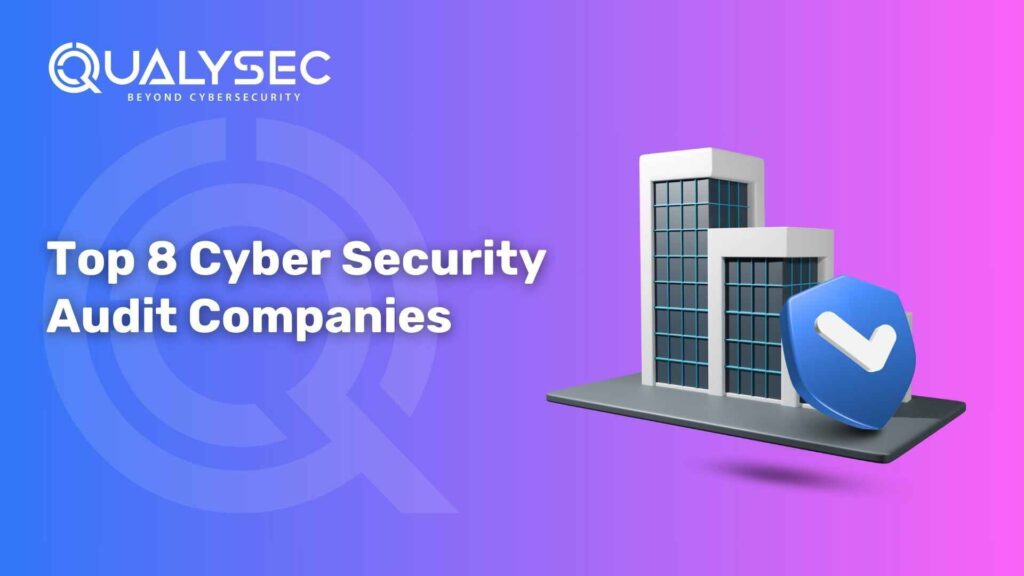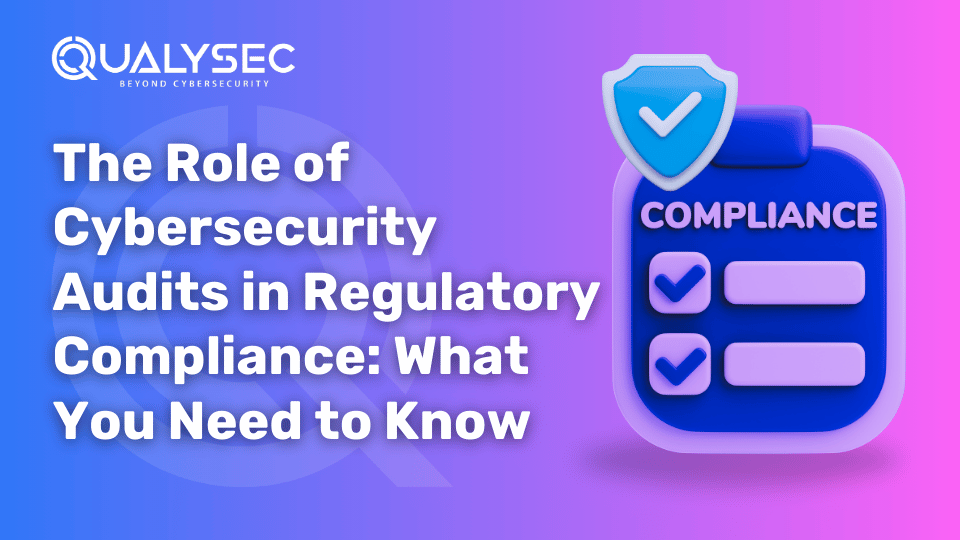Top 8 Cyber Security Audit Companies in 2025
Looking for the top cybersecurity audit companies? Our blog covers the top 8 companies to consider, what to look for in a company, why cybersecurity audits are necessary, and how they differ from compliance audits.





